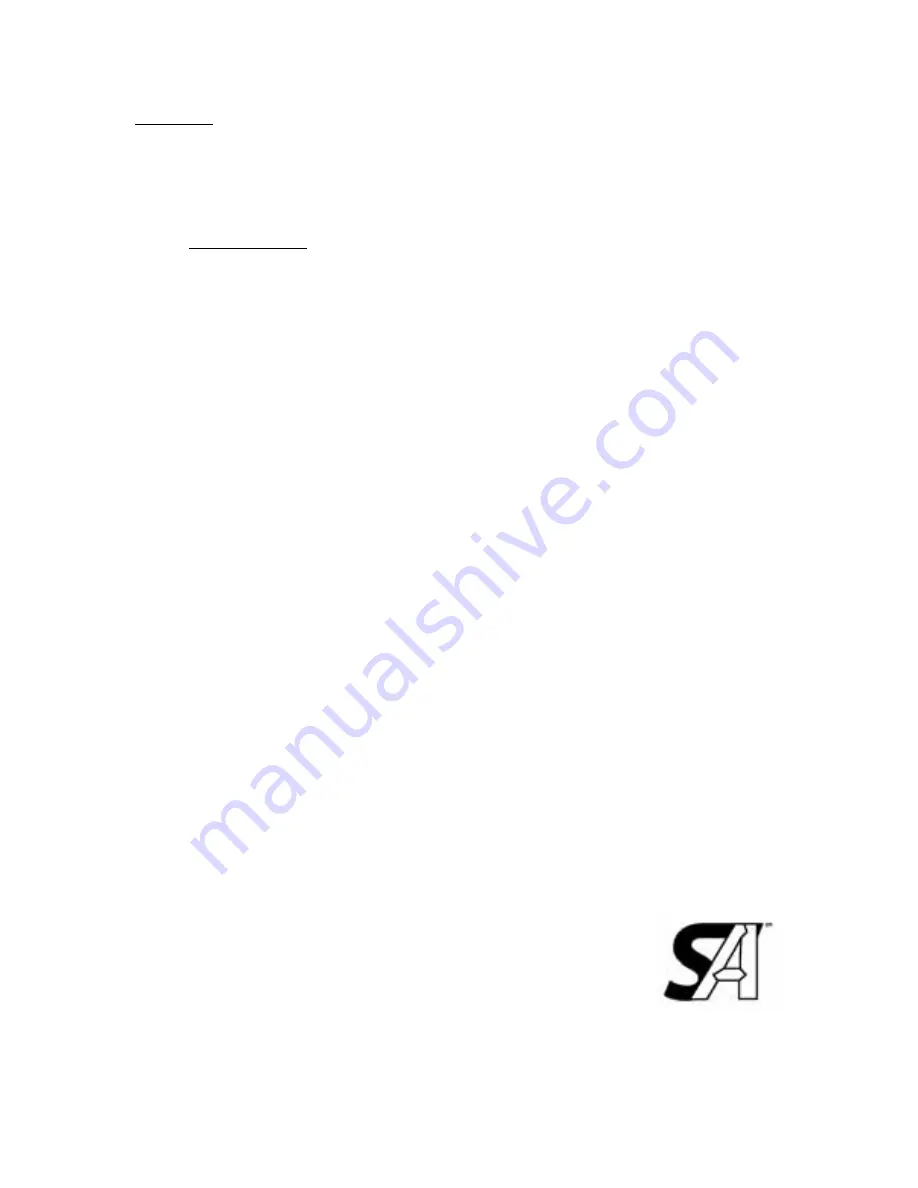
© 2004 Stevens AeroModel.
Page 32 of 33
First Flight
Have you secured your pull/pull crimps with thin CA? If not do not due this now.
Have you balanced your prop? If not due this prior to running up the motor.
For your initial flight balance aircraft on the main spar. For more advanced maneuvers you may slowly move
the CG back once you are comfortable with the flight envelope of this model. Tip: Balance model upside down.
Prior to heading off to the field, sight along wings and tail surfaced and remove warps if found.
Set control surface throws.
Suggested initial rates
Elevator +/- 1/2 "
Ai/- 1/2"
/- 1"
Choose a calm day for your maiden trim flight!
Slowly advance throttle – within a few feet you will be airborne.
The G-Ride slows down nicely for landings; however, make your first landings with slight power-on until you are
familiar with the aircraft’s stall.


































